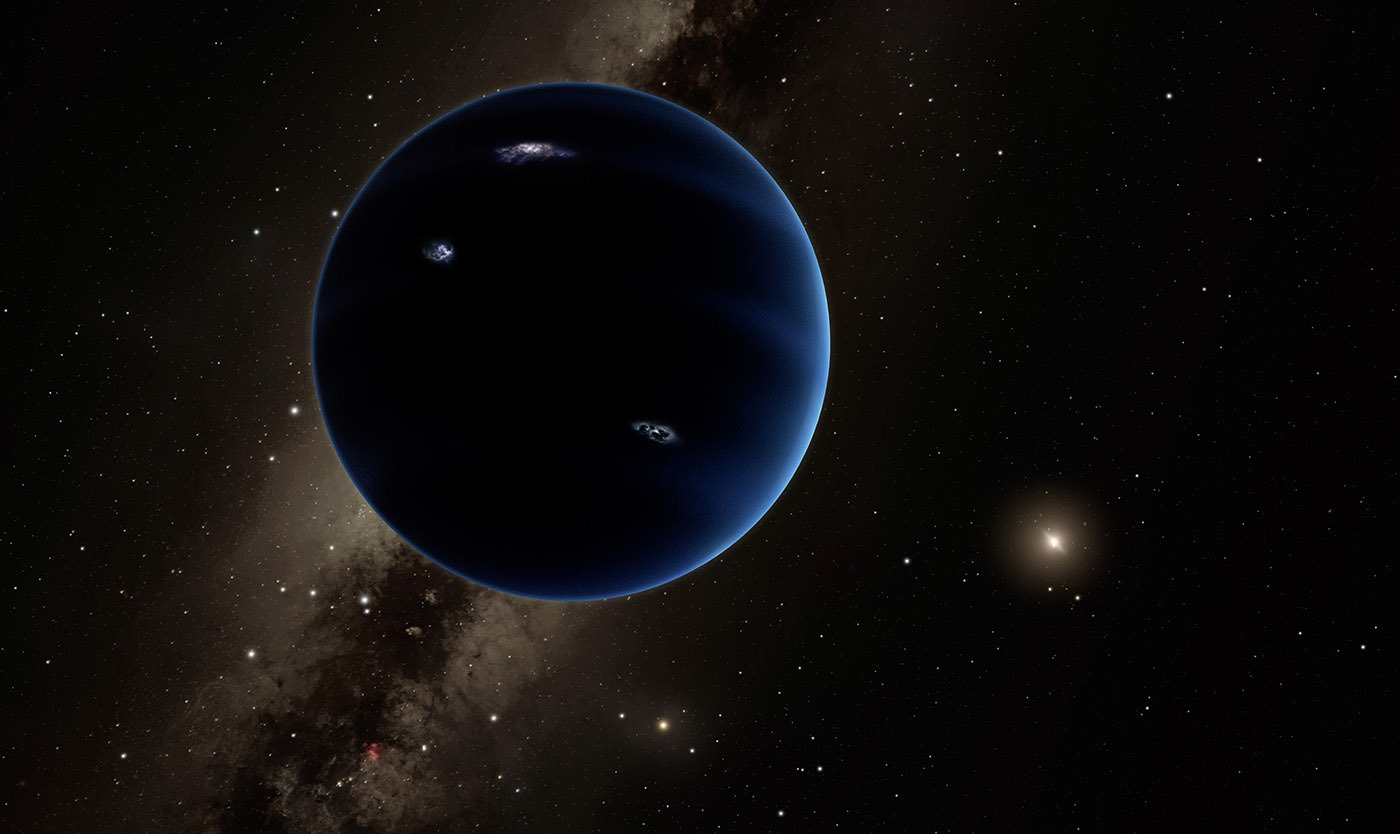This is actually a very interesting hypothesis. If Planet 9 was a tiny black hole, would we have any chance of proving that?
As far as I know, Neptune was discovered by watching the motion of the outer planets, and by calculating their somewhat mysterious motion, predicting that there had to be another planet out there. Using the same math, people were able to predict it's position, and then it was a question of turning the telescope in the right direction and go "Yep, there it is and it's blue". Have anyone used the motion of Trans Neptunian Objects, and calculated precisely where Planet 9 was supposed to be, and looked for it?
We can't see a black hole with an event horizon the size of a grapefruit or a bowling ball, but from what I've seen in ED recently, even such a tiny black hole causes gravitational lensing that is much larger than the event horizon itself. Would we be able to detect that?
On an even more wildly speculative note: Could dark matter actually be a load of primordial black holes, or can we rule out that explanation?
Edit: I've been fascinated by the idea of rouge supermassive black holes for a while, and tried simulating one passing through the Solar system using Universe Sandbox. I imagined sitting in the garden and watching the tea cups levitate slightly for a few seconds above the table, but if you send a SMBH through the Solar system it causes the planets to go out of their orbit, resulting in a horrible mess resembling the early stages of the Solar system. I never tried with one the size of a grapefruit



